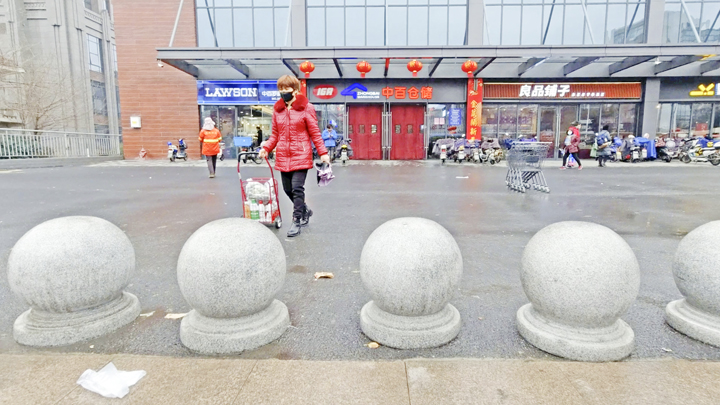Locked Down in Wuhan
Tuesday, February 4, 2020
arsip tempo : 171404917327.

KHOIRUL Umam often admired the traffic light that stood in front of his Huazhong University of Science and Technology campus on Luoyou Road, Hongshan District, Wuhan City, Hubei Province, China. He recorded the traffic light and the situation around it on December 10, 2019.
Unlike traffic lights in Indonesia, it also displayed the faces of passersby and some corners in the intersection aside from the usual red, green, and yellow lights. The zebr
...
Subscribe to continue reading.
We craft news with stories.
 For the benefits of subscribing to Digital Tempo, See More
For the benefits of subscribing to Digital Tempo, See More








